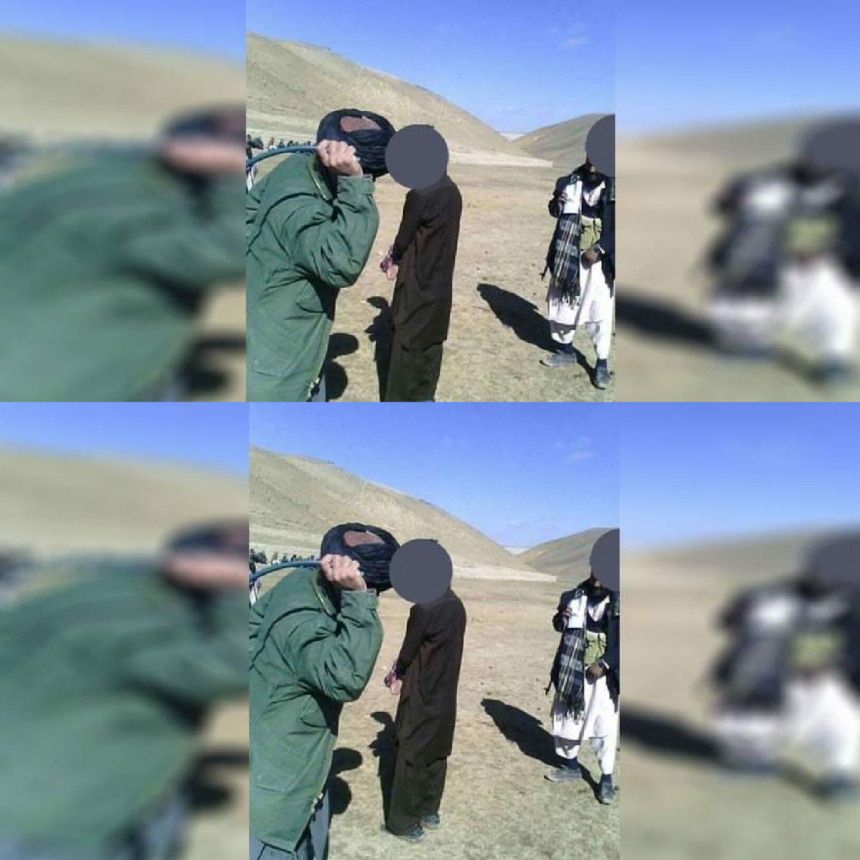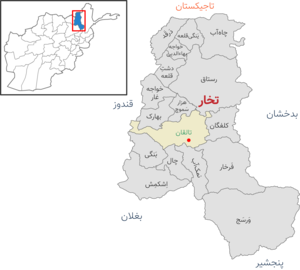RASC News Agency: The Taliban’s media office at the Presidential Palace has released a statement quoting the group’s elusive leader, Hibatullah Akhundzada, in which he demands that his decrees and orders be followed “unconditionally and without exception.” The directive, cloaked in religious overtones, was part of a broader message addressing Taliban judges and Islamic scholars in Kabul. Akhundzada, who rarely appears in public and has ruled from the shadows since the group’s return to power, reaffirmed his demand that no one is allowed to oppose or question his decisions. “The implementation of my orders is a religious duty, and defiance will not be tolerated,” the statement read.
The tone of the message reveals an increasingly authoritarian posture by the Taliban’s top leadership. Akhundzada warned judges and religious officials not to permit any deviations from his rulings, stating that “those who ignore or neglect the application of my orders are committing a sin and are responsible before God.” This declaration comes amid growing concern over the Taliban’s tightening grip on power and its brutal enforcement of ultra-conservative edicts. Since seizing control in August 2021, the group has systematically dismantled Afghanistan’s democratic institutions, suppressed women’s rights, silenced the press, and reinstated public punishments, floggings, and executions all under the guise of Sharia law.
In his latest message, Akhundzada specifically denounced Taliban figures who seek leniency or alternative interpretations of his rulings, branding such actions as betrayal. “Any cleric or judge who modifies my orders, or delays their implementation, is disobeying Islamic principles and betraying the Emirate,” he said, indirectly targeting those within the movement advocating for a softer approach. This statement also serves as a veiled threat against the dwindling voices of internal dissent within the Taliban, signaling that even minor ideological divergence will be met with punishment. Akhundzada went so far as to instruct Taliban members not to “act like some officials in the previous governments,” a pointed reference to the fallen Republic that tolerated diversity of opinion and moderate legal practices.
Observers note that Akhundzada’s increasingly rigid pronouncements are a direct attempt to consolidate power and marginalize Taliban factions that have shown signs of political flexibility or openness to international engagement. His inflexible leadership style, however, has drawn sharp criticism from human rights organizations and Afghanistani civil society, who argue that his absolutism is dragging the nation deeper into repression and international isolation. Despite the Taliban’s attempts to portray themselves as defenders of Islamic values, many Afghanistani citizens and scholars argue that Akhundzada’s interpretation of Islam is both extreme and incompatible with the realities of modern governance. With each decree, the Taliban appears more determined to stifle not only women’s freedom and minority rights, but also the very foundations of intellectual and religious debate within Afghanistan.






